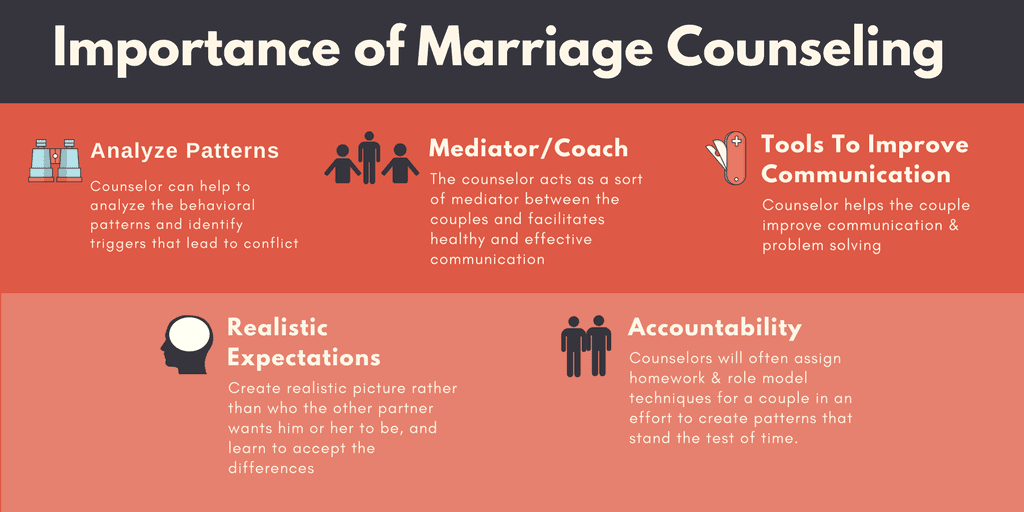Why Marriage And Relationship Therapy Is Important
Marriage and relationship therapy, often referred to as couples counseling, plays a crucial role in fostering healthy partnerships. The importance of this type of therapy can be understood through several key aspects:
1. Improves Communication Skills
Effective communication is the cornerstone of any successful relationship. Couples often struggle to express their thoughts and feelings appropriately, leading to misunderstandings and conflicts. Therapy provides a structured environment where partners can learn how to communicate more effectively. Through guided sessions, couples can develop skills such as active listening, expressing emotions without blame, and choosing appropriate times for difficult conversations. This improvement in communication helps reduce conflict and enhances emotional intimacy.
Couples therapy offers a neutral ground where both partners can express their feelings without fear of judgment or retaliation. The therapist acts as a mediator who ensures that both individuals have an equal opportunity to share their perspectives. This safe space encourages openness and honesty, allowing couples to address sensitive issues that may have been avoided in the past.
3. Builds Understanding and Empathy
Therapy facilitates deeper understanding between partners by encouraging them to see things from each other’s perspectives. Over time, couples can develop greater empathy for one another’s experiences and feelings. This newfound understanding can strengthen the emotional bond between partners, making it easier to navigate challenges together.
Conflict is inevitable in any relationship; however, how couples handle disagreements is critical for long-term success. Therapy equips partners with conflict resolution strategies that promote constructive discussions rather than destructive arguments. By learning how to address issues collaboratively, couples can prevent resentment from building up over time.
5. Assists in Navigating Life’s Challenges
Life presents various challenges—such as financial stress, health issues, or parenting dilemmas—that can strain relationships. Couples therapy provides tools and strategies for managing these challenges effectively together. A therapist can guide partners through difficult transitions and help them find solutions that work for both individuals.
In therapy sessions, couples have the opportunity to voice their concerns in a supportive environment where they feel heard and validated. This process allows each partner to articulate their thoughts without interruption or defensiveness from the other party, fostering better understanding and connection.
7. Addresses Infidelity and Trust Issues
Infidelity can severely damage trust within a relationship; however, therapy offers a pathway toward healing and rebuilding that trust. Couples who seek counseling after an affair often find that it serves as a catalyst for addressing underlying issues that contributed to the infidelity in the first place.
8. Supports Couples with Different Values or Beliefs
Differences in values—whether related to finances, parenting styles, or political beliefs—can create significant tension between partners. Therapy helps couples navigate these differences by promoting respectful dialogue aimed at finding common ground while honoring individual beliefs.
In summary, marriage and relationship therapy is vital not only for couples experiencing distress but also for those seeking to enhance their connection and prevent future problems from arising.





















0 Comments